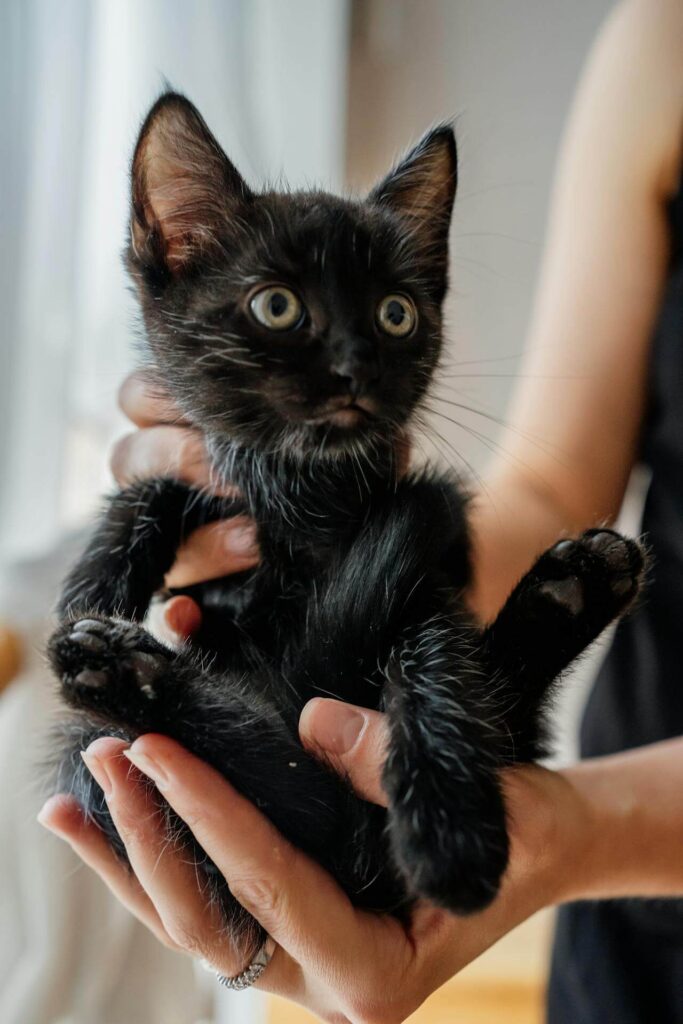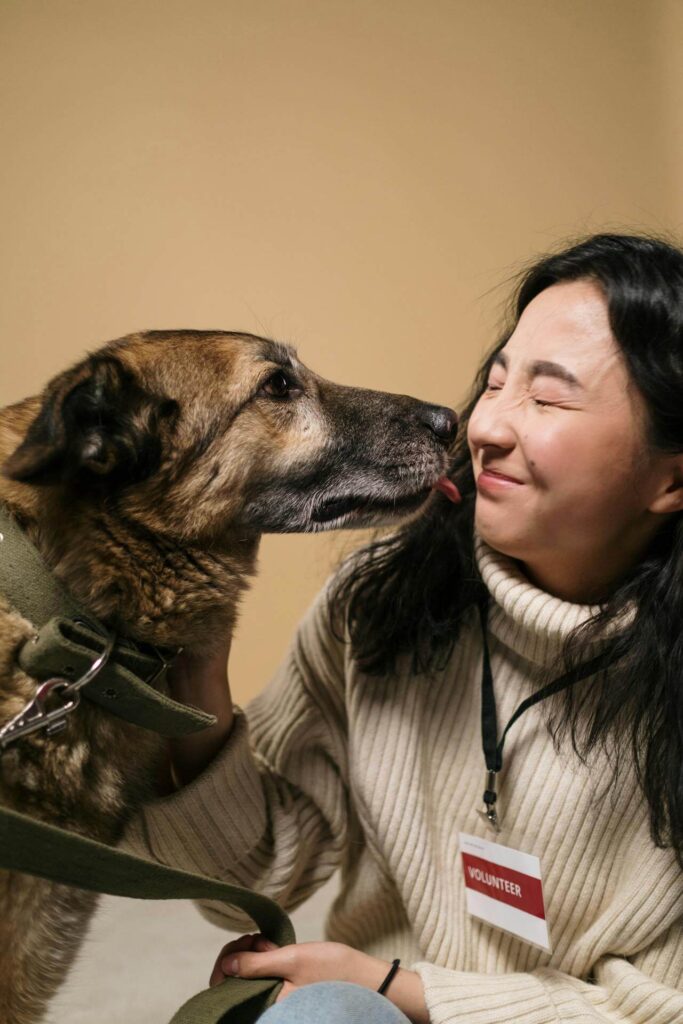With so many parks, breweries, and restaurants that welcome pets, Raleigh, NC, is an ideal place to enjoy life to the fullest with your dog or cat.
Although Raleigh only seems to get more pet-friendly as time goes on, sadly, it’s also known for its high shelter intakes. Every year, thousands of pets in Wake County wait for an adoptive family and a second chance at life.
If you’re considering adding four new paws to your home, beginning your journey with a rescue and shelter (rather than a breeder) does a world of good for the local community, other shelter animals, and your new companion. Here’s what future pet parents in Wake County need to know to get started.
 Why Adoption Matters in Raleigh
Why Adoption Matters in RaleighNorth Carolina has one of the highest shelter intake rates in the country. In 2023 alone, state shelters took in nearly 120,500 animals, and more than 14,000 were euthanized due to overcrowding and lack of resources. Wake County Animal Center, which serves the Raleigh area, often operates near or at capacity, especially during kitten season.
Choosing adoption doesn’t just save the life of the pet you bring home — it also allows shelters to remove feral animals from the community streets and control disease epidemics by making room for another dog or cat in need.
Once you make the decision to adopt, it’s time to consider what kind of pet will be the best fit for your lifestyle, home, and family.
The amount of space you have to offer, how much time you have to dedicate to training, and your personal enjoyment of high-energy activities can help you choose the perfect companion.
For example, a quiet, child-free home may be ideal for a senior cat, while a family that loves the outdoors might be open to a new puppy. Visiting a shelter in person will allow you to connect with the animals and ask questions about each pet’s personality, health history, and ideal living situation.
Fostering is another great way to explore how a new pet fits into your family while benefiting your community. By temporarily housing pets awaiting adoption, you may discover that a particular age, breed, or temperament is a good match for your needs.
If you’re ready to begin the search for your new best friend, Raleigh offers several trusted organizations:

While many shelters and rescues spay and neuter animals in their care and administer certain vaccinations prior to adoption, it’s important to prioritize a wellness visit for your new dog or cat.
Establishing a relationship with a veterinarian early will make it easier to identify and treat any health conditions that are common in communal living, like parasites and kennel cough. Your vet may also recommend additional vaccines and preventative care so that your new relationship has the healthiest possible start.
Even if you decide that adoption isn’t possible right now, there are other ways that you can make a difference for Raleigh’s shelter pets.
Every small act supports better outcomes for animals in our community. Wherever you are in your adoption journey, you can still take steps to improve the lives of cats and dogs in Wake County.